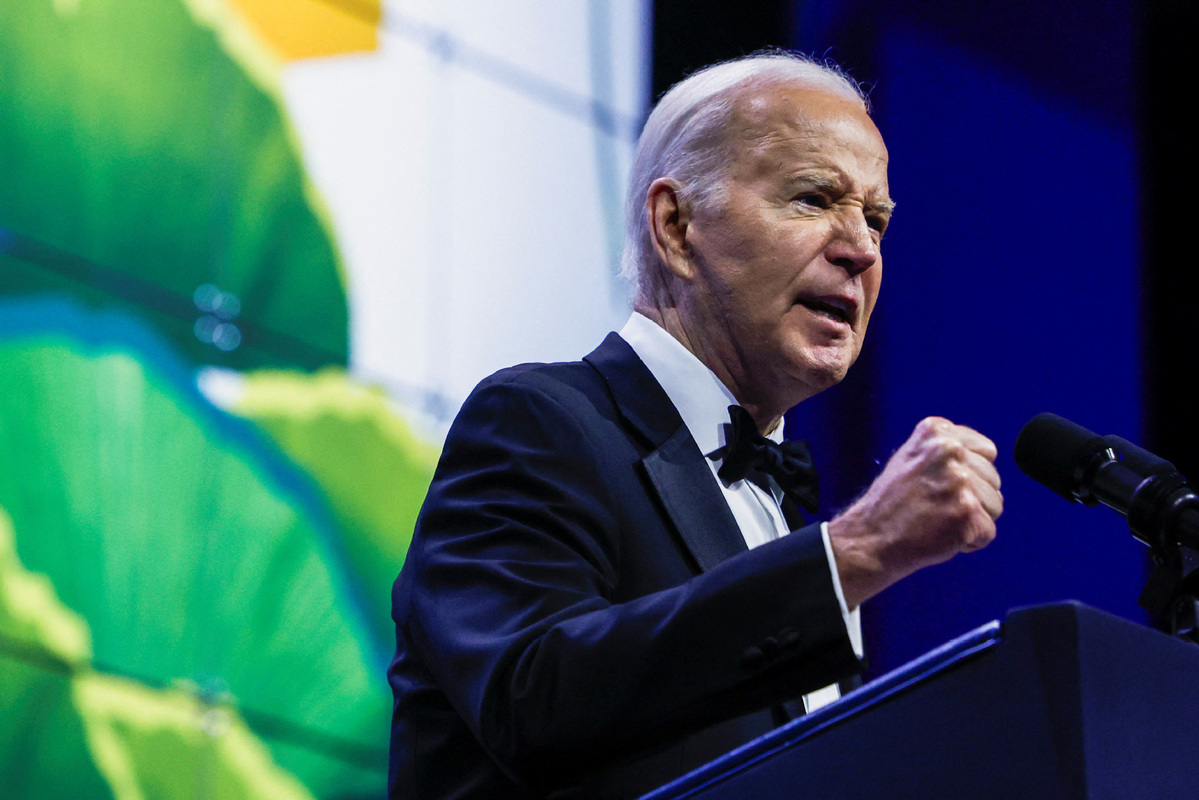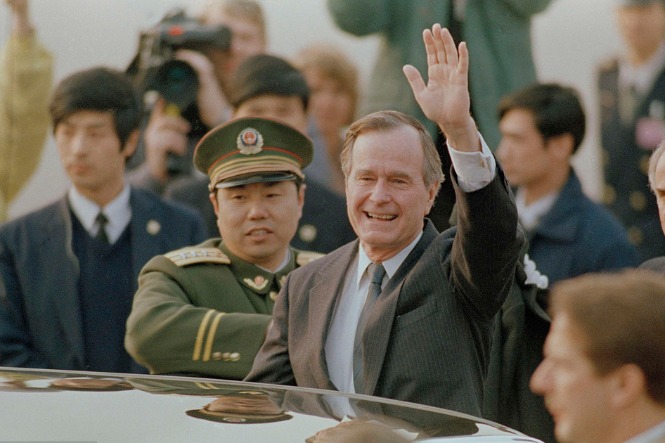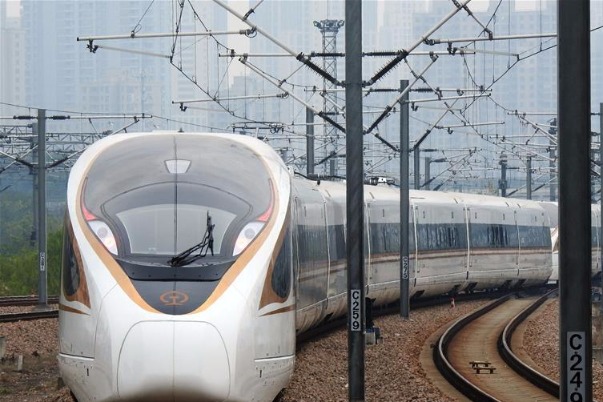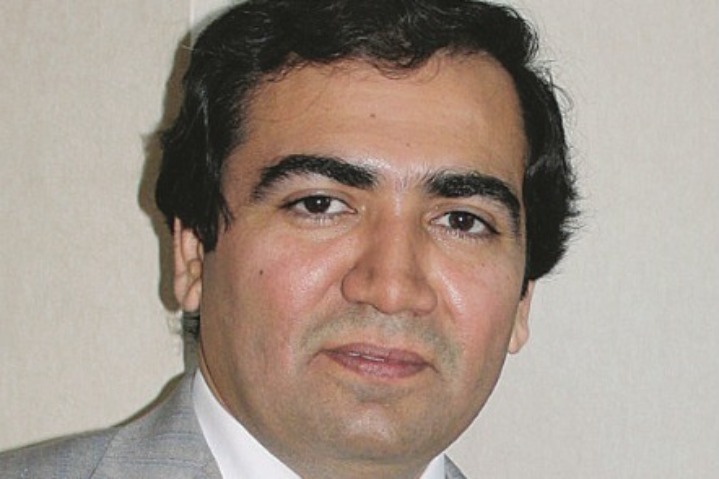Punitive tariffs show Biden's desperation, not toughness

US President Joe Biden decided on Tuesday to impose punitive tariffs on Chinese products, such as electric vehicles (EVs), solar photovoltaic panels and batteries for EVs, worth $18 billion, perhaps to show his tough stance toward China in the run-up to the presidential election in November. However, his decision has exposed his weakness and desperation.
Despite his incessant self-glorification in speeches and on social media, Biden is trailing his opponent Donald Trump, especially in the swing states, in various polls. A Gallup poll released on May 6 showed that US voters' confidence in Biden to recommend or do the right thing for the economy is among the lowest Gallup has measured for any president since 2001.While 46 percent of the respondents said they have a "great deal" or "a fair amount" of confidence in Trump to recommend or do the right thing, only 38 percent said they trust Biden to do so.
Besides, Biden's disastrous policy stance on the Israel-Palestine conflict has triggered student protests across US universities.
A poll conducted by The New York Times/Siena College and released on Monday showed that Trump led in nearly all the six battleground states he lost to Biden in 2020. What is troubling for Biden is that the survey found Trump leading among registered voters with roots in the Middle East or North Africa and other Muslims in the swing states.
A Pew survey released on April 24 was equally damning for Biden, because about half of the respondents said that, if given a chance, they would replace both Trump and Biden as presidential candidates.
Biden hopes that by imposing punitive tariffs on Chinese products, he will win the support of some union voters. But that is wishful thinking. People such as Colorado Governor Jared Polis, a Democrat, and Harvard professor Dani Rodrik criticized Biden's protectionist measures, calling them bad news for US consumers and a major setback for clean energy. And some US economists have accused Biden of putting politics above good policy.
Even German Chancellor Olaf Scholz and Swedish Prime Minister Ulf Kristersson called Biden's tariffs a bad idea on Tuesday.
During his 2020 presidential campaign, Biden had lashed out at Trump's tariff war against China, promising to lift them once he was elected US president. But he broke that promise, possibly due to the fear of a political backlash. His tweet on Aug 2, 2019, went viral again on Tuesday. In that tweet, Biden had censured Trump for not caring about US farmers, workers and consumers, because they were being crushed by his irresponsible tariff war against China. "It's easy to act tough when someone else is feeling the pain. I will reverse his senseless policies," Biden had asserted.
But after imposing the latest round of tariffs three days ago, Biden is being mocked for being more senseless than Trump and for not caring for US consumers who will bear the actual cost of the tariffs. Biden's punitive tariffs are worse than Trump's because they target EVs and other green products, which are necessary for reducing carbon emissions. In his bid to slow down China's green revolution, Biden will undermine global solidarity and cooperation in the fight against climate change.
In his speech on Tuesday, Biden accused China of giving excessive subsidies to Chinese companies when the fact is, the US Inflation Reduction Act and the CHIPS Act which he signed into laws grant so much subsidies to US enterprises that even European Union states protested against them.
In a way, Biden admitted that he intends to sabotage China's green revolution when he tweeted on Tuesday that "China is determined to dominate these industries. I'm determined to ensure America leads the world in them".
The Biden administration has gone berserk in its desperation to curb China's peaceful rise. But history shows that such farcical efforts have not made any perpetrating country stronger; instead, they have made the targeted country even more powerful.
The author is chief of China Daily EU Bureau based in Brussels.
chenweihua@chinadaily.com.cn


















